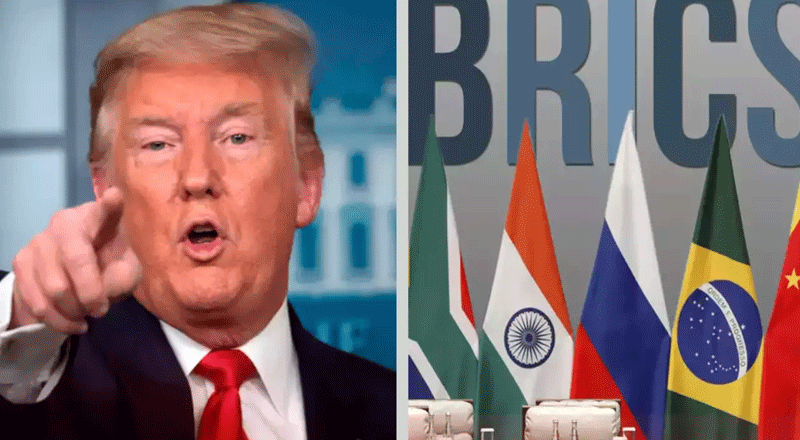In a surprising turn of events, Israeli Prime Minister Benjamin Netanyahu announced the dismissal of Defence Minister Yoav Gallant on Tuesday. The announcement comes at a time when Israel is navigating complex security challenges across multiple fronts, including the ongoing conflict in Gaza. Netanyahu cited “significant gaps” and a “crisis of trust” with Gallant as the reasons for the decision, underscoring the importance of unity within Israel’s leadership during these turbulent times.
A History of Disagreement and a Fractured Partnership in Wartime
Netanyahu and Gallant, a former military general known for his straightforward approach, have long held differing views on Israel’s strategy in Gaza. Although tensions had been simmering between the two leaders for months, Netanyahu had refrained from dismissing Gallant—until now. Netanyahu emphasized the need for “full trust” between the Prime Minister and Defence Minister, particularly during wartime. In his public statement, Netanyahu highlighted the erosion of his confidence in Gallant’s approach to the Gaza campaign, explaining that their disagreements had reached a critical point.
Gallant responded by reaffirming his dedication to Israel’s security. “The security of the state of Israel always was, and will always remain, my life’s mission,” Gallant stated, reflecting his unwavering commitment despite the setback.
Key Replacements in Israel’s Cabinet
In the wake of Gallant’s dismissal, Foreign Minister Israel Katz, a loyal Netanyahu ally, has been appointed as the new Defence Minister. Katz brings a long history of government experience to the position, although his military background is limited to a junior officer rank. To fill Katz’s previous role, Gideon Saar, a former Netanyahu rival who recently rejoined the government, will take on the responsibilities of Foreign Minister. These strategic reassignments reflect Netanyahu’s intent to consolidate his leadership team with individuals who align closely with his vision.
To conclude, the removal of Gallant at such a critical time highlights the fragile dynamics within Israel’s leadership and underscores the demand for cohesion as the country faces regional conflicts. While Gallant’s departure marks the end of a notable tenure, Netanyahu’s realignment with trusted allies could signal a shift in Israel’s defence strategy. As the nation observes these changes, the hope remains that this reshuffled leadership will foster greater stability and coordination in handling Israel’s security challenges.
(With inputs from agencies)





